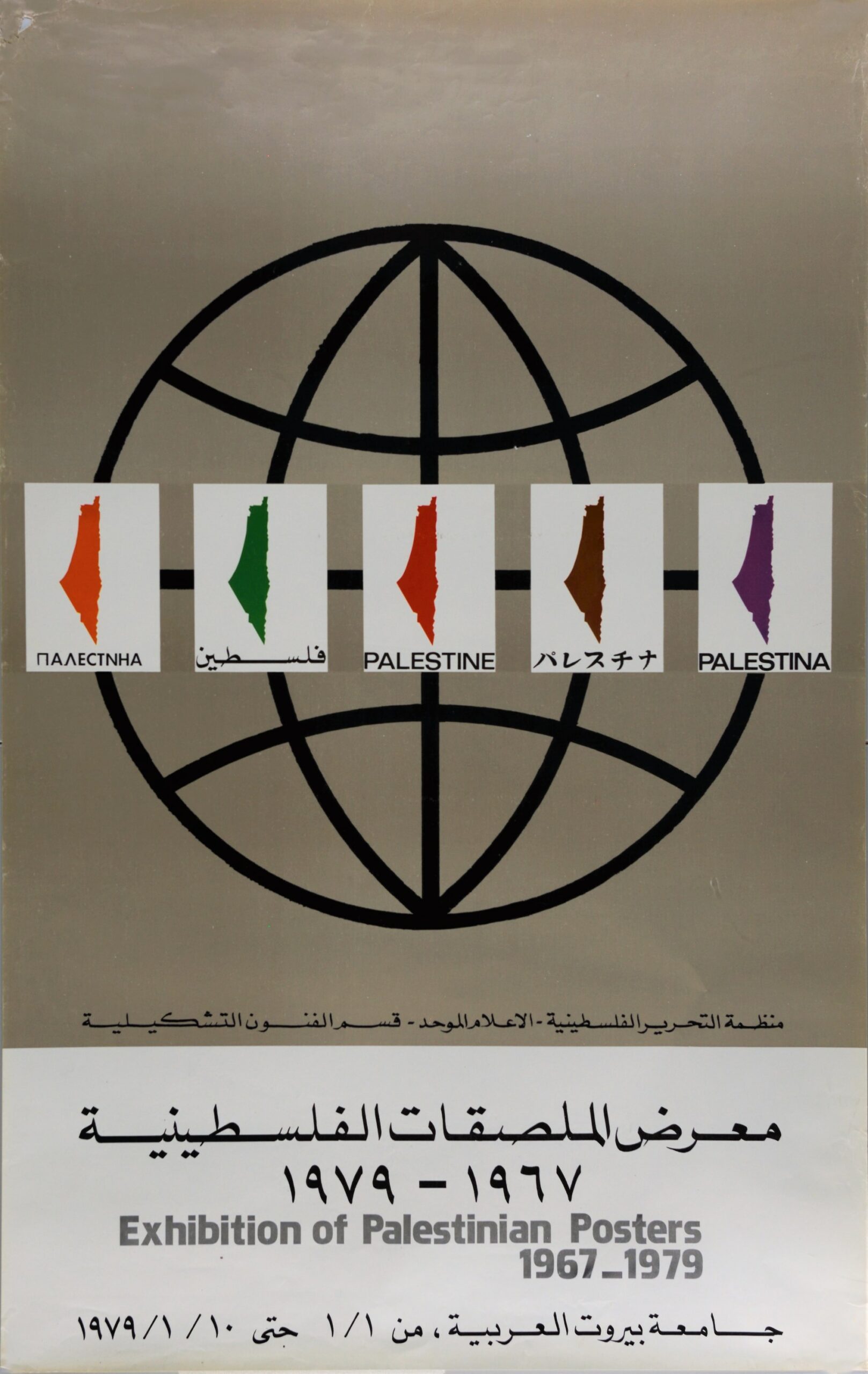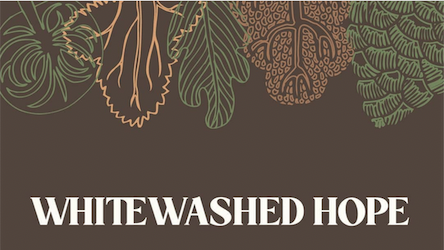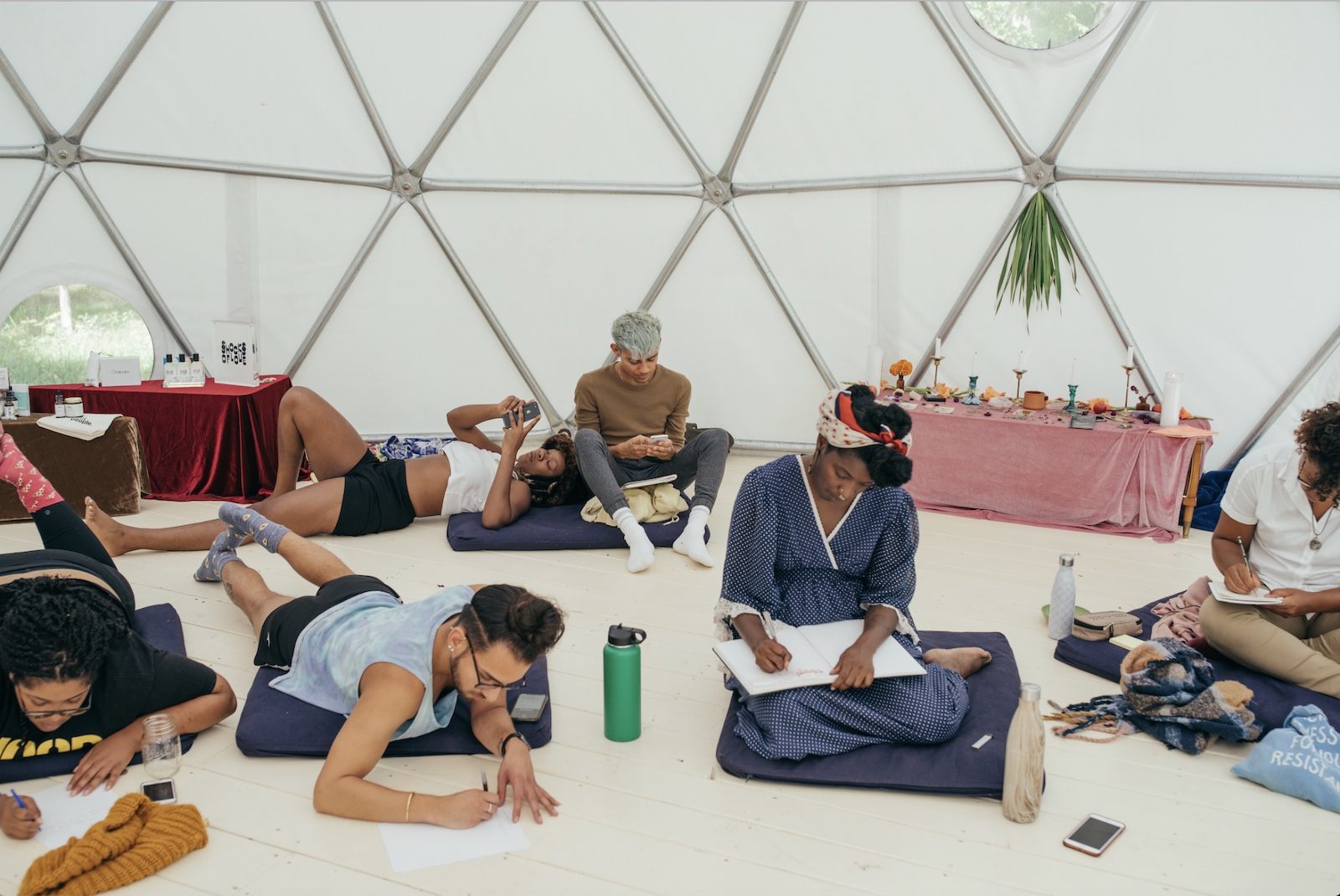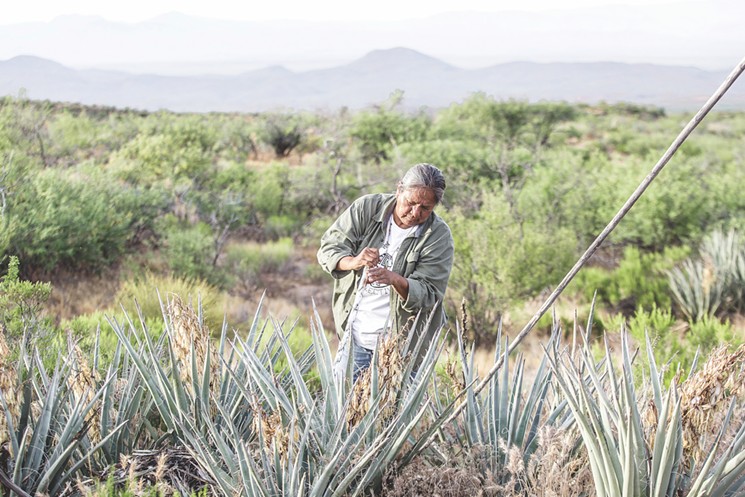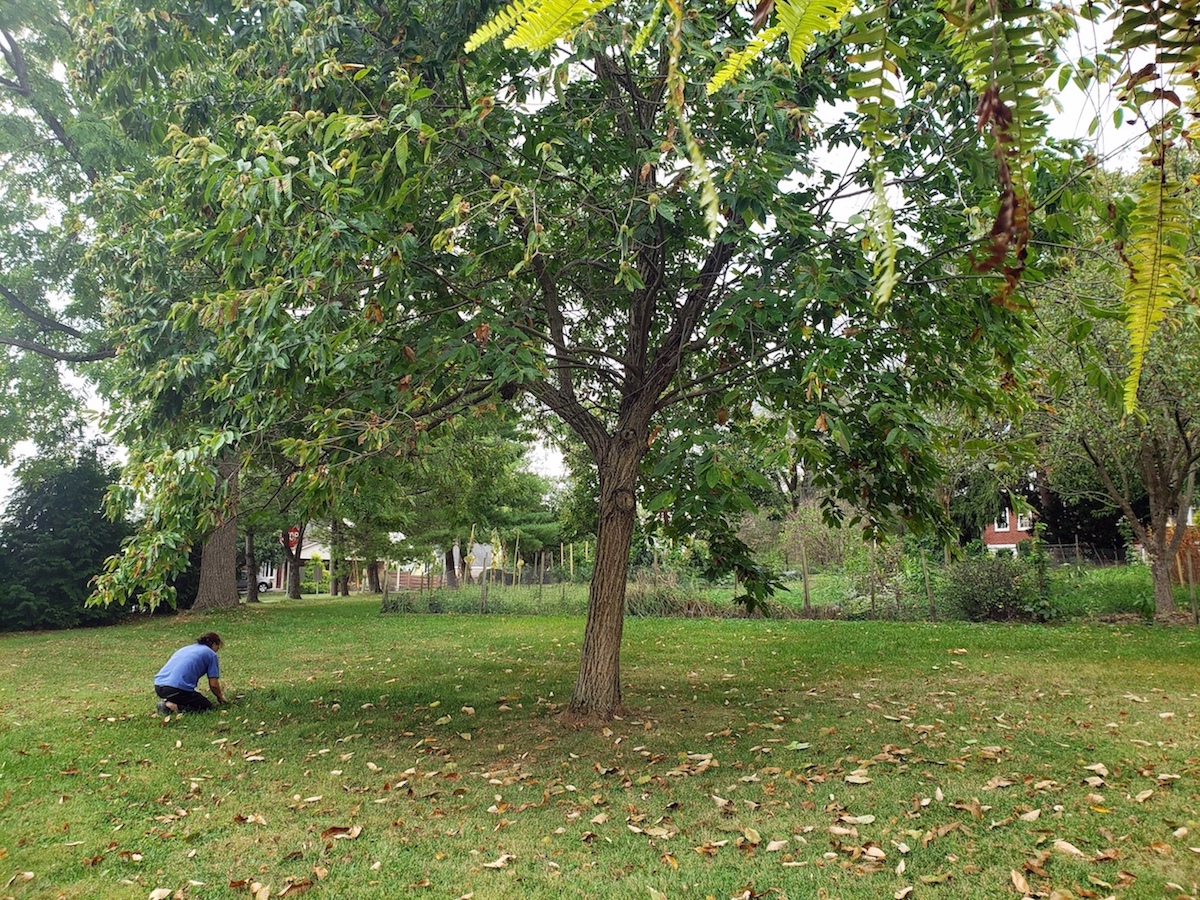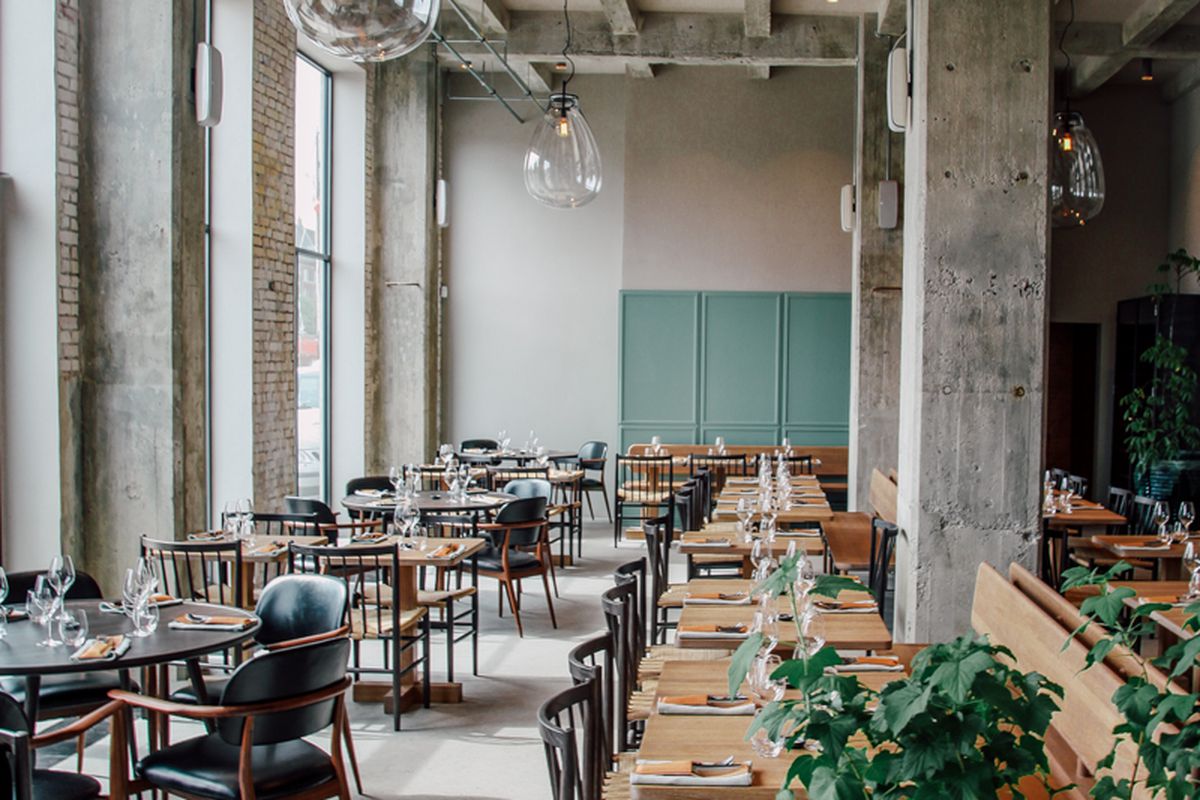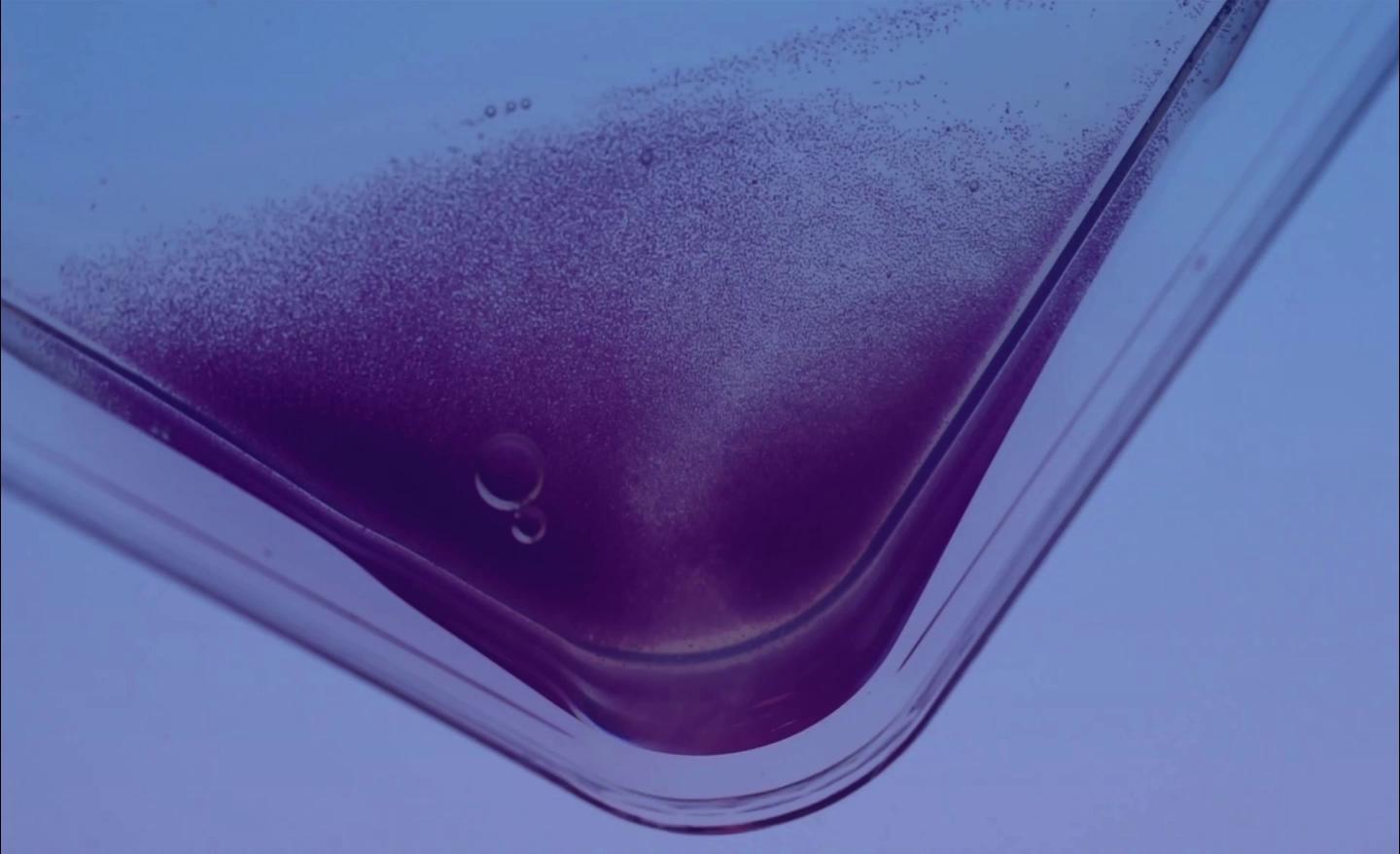Although the food and restaurant industry has been a champion for sustainability, often highlighting the importance of using ingredients sourced from local farmers, there remain many challenges for developing sustainable business models for ethical food production. Instituto Atá could provide an interesting model for other food systems, encouraging them to connect sustainable food sourcing with economic incentives and work opportunities for local people.
 The manifesto for Instituto Atá translates to “I Eat Culture” and aims to position Brazil’s gastronomy as part of its cultural heritage
The manifesto for Instituto Atá translates to “I Eat Culture” and aims to position Brazil’s gastronomy as part of its cultural heritage
Atá creates infrastructure for initiatives that support under-served areas of sustainability; emphasizing the preservation of undomesticated plants, while protecting the cultures that rely upon them for sustenance. Based near the Amazon in Brazil, but with a retail footprint in the recently revitalized Pinheiros Market in São Paulo, Instituto Atá is adjacent to an entire ecosystem that is being destroyed, making it uniquely positioned to carry out these objectives.

Chef and founder of Instituto Atá, Alex Atala, aims to raise awareness and appreciation of wild ingredients by bringing them to Brazilian tables. Currently, the Instituto does this through six specific initiatives: retratos do gosto for “enhancing ingredients with gastronomic potential,” insects, baniwa chilli, sustainable meat, cerrado vanilla, and native honey bees. In the case of vanilla, Atala was introduced to a strain of wild vanilla in the cerrado environment, a tropical savanna ecoregion of Brazil. The cerrado areas of Brazil are being destroyed at an even faster rate than the rainforest, as overly-aggressive farming practices and the steel industry are exhausting the landscape.
The institute is now concentrating on domesticating the families of wild vanilla found in the cerrado regions, consolidating them so that the plants can be documented and maintained. However, the institute is not only concerned with preserving the wild vanilla exclusively; its long-term goal is to encourage local families to cultivate the vanilla themselves. Coupled with increased awareness surrounding Brazilian wild vanilla, this could potentially provide an additional source of income to people living in the cerrado regions. This is where Atá’s approach to sustainability is most innovative, demonstrating the possible markets that can be built for regional communities through an emphasis on local plants.

This connection between Brazilian ingredients and the people that live near them is an evident focus in Instituto Atá’s other initiatives. Alongside the Instituto Socioambiental and OIBI (Indigenous Organization of the Içana Basin), Atá has developed a project that seeks to empower the women of the Baniwa tribe. The Baniwa have long used a traditional seasoning mixture called pimento jiquitaia, a mixture of dried chili peppers and salt that is typically produced by women.

Located in the upper region of the Rio Negro, the Baniwa’s land is being cleared at rapid rates, making it more difficult for them to find a steady source of income. The institute is attempting help the Baniwa women commercialize the production of jiquitaia, hopefully providing them with more economic stability while also introducing an indigenous seasoning mix to a greater number of Brazilian tables. It is through promoting and investing in relationships such as this that Instituto Atá is taking steps towards new modes of sustainability in Brazil.

